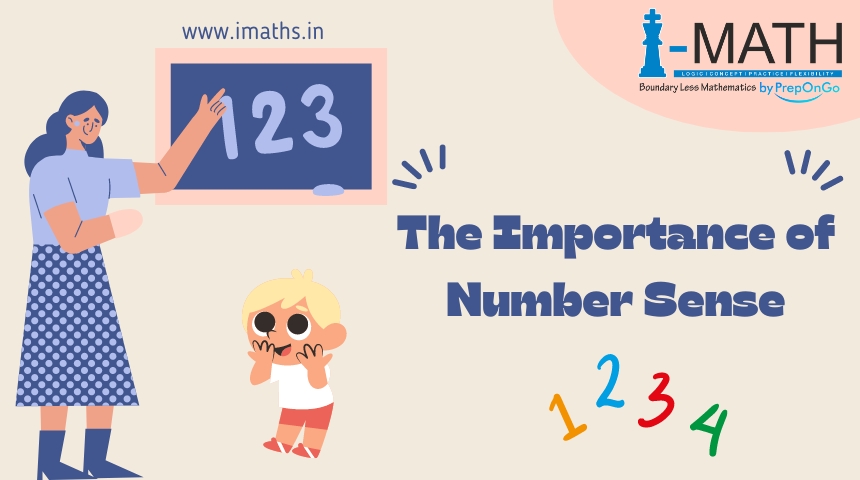The Importance of Number Sense

Number sense is a fundamental concept that forms the foundation of mathematical understanding. It refers to a child’s ability to understand, relate, and connect numbers in various ways. Developing strong number sense is crucial for children as it enhances their ability to perform calculations, solve problems, and understand advanced mathematical concepts later in life. In this blog post, we’ll delve into the importance of number sense and explore ways to nurture it in young learners.
What is Number Sense?
Number sense involves several key components:
- Understanding Quantities: Recognizing that numbers represent quantities and knowing how to compare and estimate them.
- Relationships Between Numbers: Grasping the relationships between numbers, such as more than, less than, and equal to.
- Flexibility with Numbers: Being able to manipulate numbers mentally, including skills like addition, subtraction, multiplication, and division.
- Problem-Solving Skills: Using numbers to solve real-world problems in various contexts.
- Pattern Recognition: Identifying patterns and sequences in numbers.
Why Number Sense is Important
1. Foundation for Math Skills
Number sense is the bedrock upon which all other math skills are built. A strong number sense allows children to understand and perform basic arithmetic operations, which are essential for tackling more complex mathematical concepts.
2. Boosts Problem-Solving Abilities
Children with good number sense can approach problems with a flexible mindset. They can use different strategies to find solutions, making them more adept at tackling various types of math problems.
3. Enhances Confidence and Interest in Math
When children understand numbers and how they work, they are more likely to enjoy math and feel confident in their abilities. This positive attitude towards math can lead to better performance in school and a greater interest in pursuing STEM-related subjects.
4. Supports Daily Life Skills
Number sense isn’t just for the classroom; it’s a vital skill for everyday life. From managing money and budgeting to cooking and shopping, number sense helps individuals make informed decisions and solve practical problems.
How to Develop Number Sense in Children
1. Hands-On Activities
Engage children in hands-on activities that involve counting, sorting, and measuring. Using objects like blocks, beads, or even household items can make abstract concepts more concrete and understandable.
2. Play Math Games
Incorporate math games that emphasize number sense. Games like counting games, board games with dice, and card games that involve matching or sequencing numbers can make learning fun and interactive.
3. Use Everyday Situations
Take advantage of everyday situations to teach number sense. Ask your child to help with cooking by measuring ingredients, count items while shopping, or track time and schedules. These real-life applications make math relevant and practical.
4. Encourage Mental Math
Encourage children to practice mental math by solving simple problems in their head. Start with basic addition and subtraction, and gradually introduce more complex operations as they become more comfortable.
5. Explore Patterns and Relationships
Help children recognize patterns and relationships between numbers. Use visual aids like number lines, charts, and grids to illustrate concepts such as skip counting, multiplication tables, and number sequences.
6. Read Math-Related Books
Incorporate books that focus on numbers and math concepts. Stories that include counting, measuring, and problem-solving can reinforce number sense in a fun and engaging way.
Conclusion
The importance of number sense cannot be overstated. It is a critical component of early math education that sets the stage for future academic success and everyday competence. By fostering a strong number sense in children, we equip them with the tools they need to navigate the world of numbers with confidence and ease. Through hands-on activities, games, and real-life applications, parents and educators can help young learners develop a deep and lasting understanding of numbers and their relationships.
Investing time and effort in developing number sense will pay off in the long run, making math a more accessible and enjoyable subject for children. Embrace the journey of nurturing number sense, and watch as your child grows into a confident and capable math learner.




